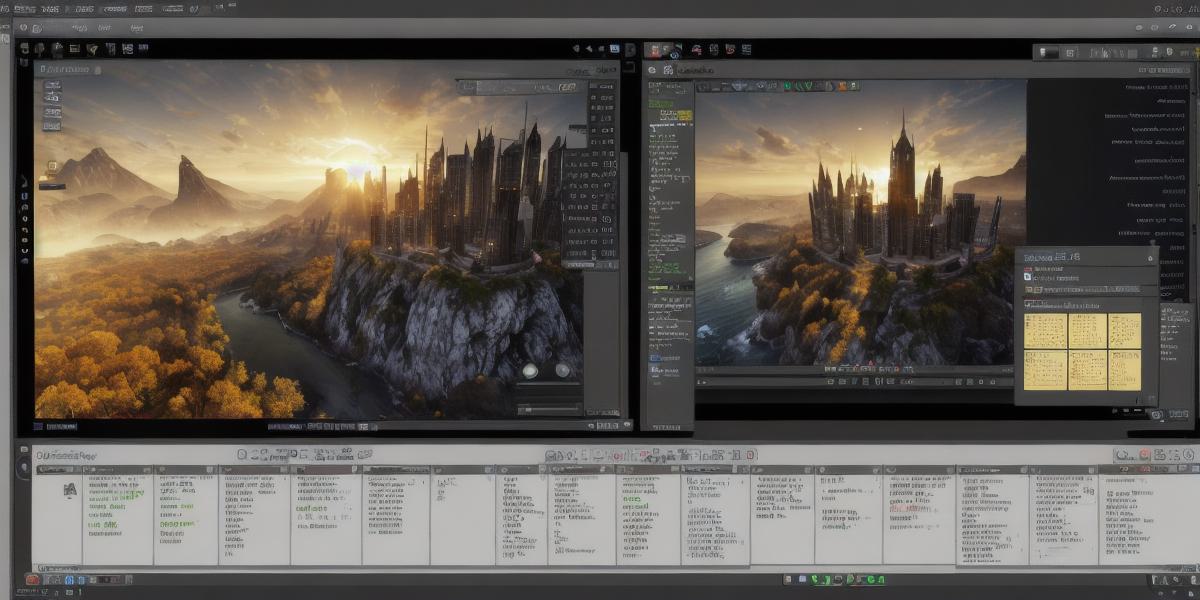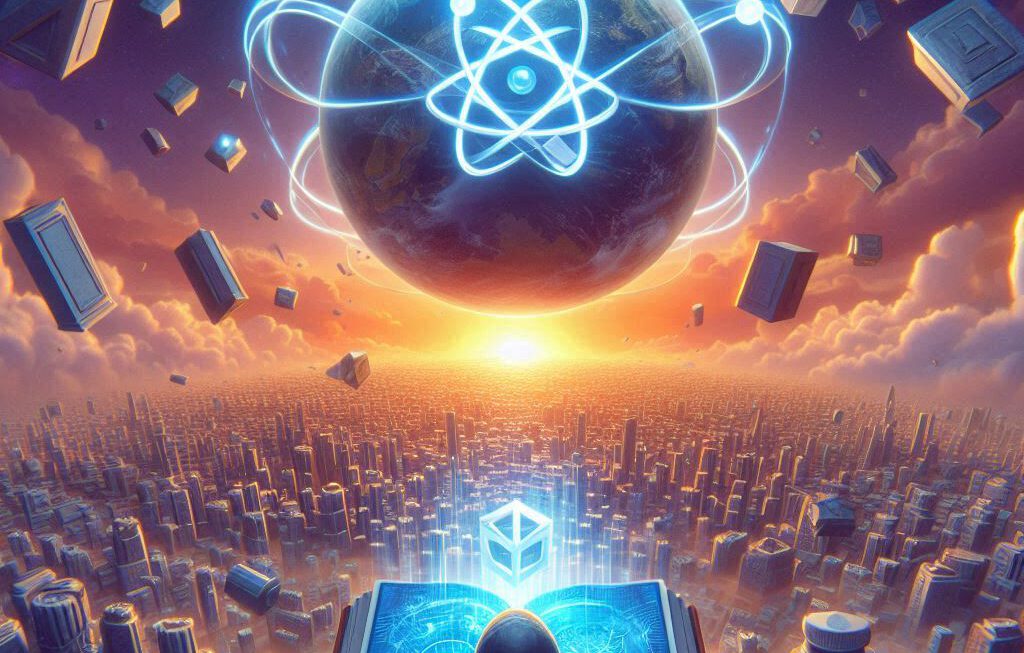Unity is one of the most popular game engines on the market, with a large community of developers using it to create everything from simple mobile games to complex AAA titles. However, despite its popularity, many Unity developers still encounter issues with the engine that can be frustrating and time-consuming to resolve. In this article, we’ll explore some common problems with Unity and offer tips on how to fix them.
Problem 1: Performance Issues

One of the most common complaints about Unity is that it can be slow and unresponsive, particularly when dealing with large scenes or complex effects. This can be caused by a number of factors, including inefficient scripting, poorly optimized assets, and inadequate hardware. To address performance issues, developers should start by profiling their code to identify any bottlenecks and optimize their scripts as necessary. They should also consider using asset bundles to reduce the amount of data that needs to be loaded at runtime, and ensure that their hardware is up to the task.
Problem 2: Crashes and Error Messages
Another common issue with Unity is that it can crash or produce error messages that are difficult to diagnose. This can be caused by a number of factors, including corrupted assets, incompatible plugins, and incorrect scripting. To troubleshoot crashes and errors, developers should first check the console for any relevant messages and try to reproduce the issue in a controlled environment. They should also consider using version control to track changes to their code and assets, and ensure that they are using the latest stable builds of Unity and any necessary plugins.
Problem 3: Difficulty with Multiplayer
Unity’s multiplayer capabilities can be a major selling point for developers looking to create online games, but it can also be a source of frustration. One common issue is that multiplayer can be difficult to set up and configure, particularly when dealing with complex network architectures. Additionally, Unity’s built-in networking features may not always be sufficient for more advanced scenarios, such as massively multiplayer online games (MMOs). To address these challenges, developers should start by familiarizing themselves with Unity’s networking APIs and consult the official documentation for guidance on best practices. They may also need to invest in third-party plugins or custom networking solutions to meet their specific needs.
Problem 4: Difficulty with User Interfaces
Unity’s user interface (UI) tools can be powerful, but they can also be confusing and difficult to use for developers who are new to the engine. This can result in cluttered, unintuitive interfaces that frustrate players and detract from the overall experience. To overcome these challenges, developers should start by familiarizing themselves with Unity’s UI tools and best practices for designing intuitive interfaces. They should also consider using third-party UI plugins or custom solutions to create more advanced features, such as animations and interactions.
Problem 5: Difficulty with Mobile Development
While Unity is a cross-platform engine that can be used to create games for a variety of devices and platforms, it can still be challenging to develop for mobile devices. This is particularly true for developers who are new to mobile development or who are working with limited resources. To address these challenges, developers should start by familiarizing themselves with Unity’s mobile-specific features, such as the built-in monetization tools and support for in-app purchases. They should also consider using third-party plugins or custom solutions to optimize their games for mobile devices, such as reducing load times and improving performance on low-end hardware.

FAQs:
- What are some common reasons why Unity might not be working properly?
- Performance issues
- Crashes and error messages
- Difficulty with multiplayer
- Difficulty with user interfaces
- Difficulty with mobile development
- How can I troubleshoot performance issues in Unity?
- Profile your code to identify bottlenecks
- Use asset bundles to reduce data loading at runtime
- Ensure that your hardware is up to the task
- What should I do if Unity crashes or produces error messages?

- Check the console for relevant messages
- Try to reproduce the issue in a controlled environment
- Consider using version control to track changes to your code and assets



